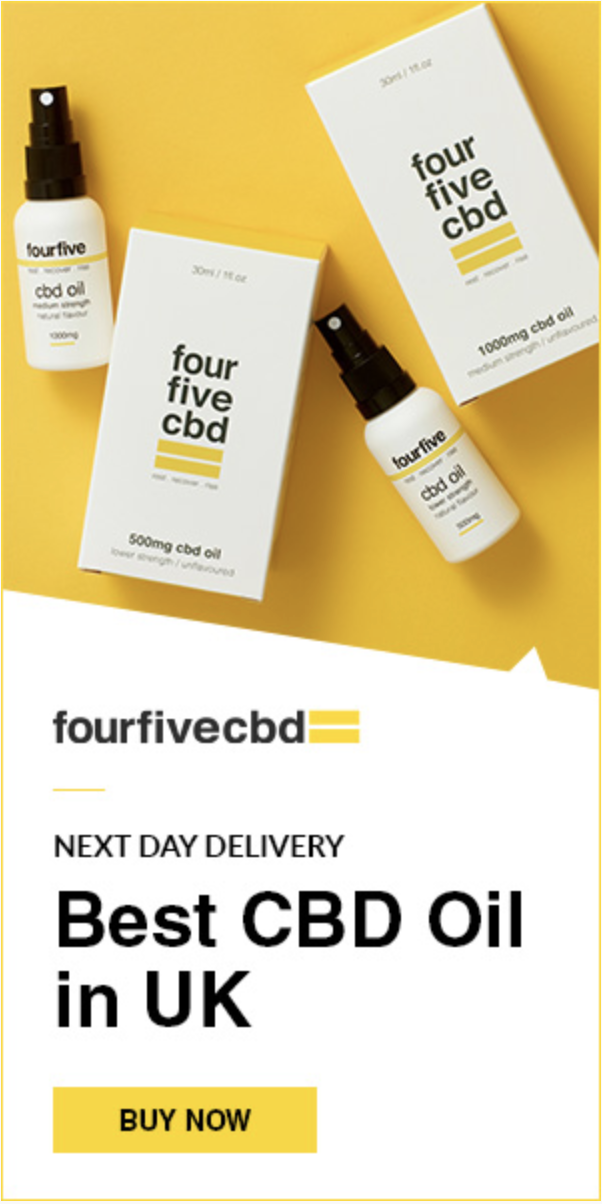
Common Myths around Weaning and Allergies answered
New research from Organix, conducted at the recent Baby & Toddler Show, has highlighted worrying levels of confusion and apprehension amongst parents’ when it comes to understanding allergies in their children. The shocking survey results show over a quarter (29%) of parents believe in an approach directly against NHS guidelines when it comes to introducing their children to common allergens, with a significant portion of others unclear on what allergic reactions involve, and what can cause them.
To dispel common myths around how and when to introduce your children to allergens, Organix has teamed up with nutrition expert and dietician Nichola Ludlam-Raine (@mummynutrition), who – based on her expertise and own experiences as a mother to children with allergies – is well positioned to debunk and clarify the widespread misconceptions, as we mark Allergy Awareness Month this May:
Myth - DELAYING THE INTRODUCTION OF ALLERGENIC FOODS REDUCES THE RISK OF ALLERGIES: WRONG
“In its recent survey, Organix found that more than a quarter (29%) of parents believe that delaying the introduction of allergenic foods reduces the risk of allergies. However, the NHS contends the contrary, stating that delaying the introduction of peanuts and hen’s eggs beyond six to 12 months might actually increase the risk of developing an allergy to these foods. In addition, according to the European Food Safety Authority (EFSA), allergenic foods and gluten can be introduced to an infant’s diet when other complementary foods are introduced i.e. from around 6 months of age (NHS).”
Source: https://www.nhs.uk/start-for-life/baby/weaning/safe-weaning/food-allergies/
Complementary_Feeding_PLS_PDF.pdf (europa.eu)
Myth - ALLERGIC REACTIONS ARE THE SAME FOR EVERYONE: WRONG
“There is no such thing as a standard allergic reaction, even to the same allergens – how an allergic reaction manifests itself in one person may not match how it appears in another. In fact, reactions may even differ from episode to episode in the same person. Most people surveyed by Organix identified respiratory issues such as trouble breathing (58%) and wheezing (49%), as well as swelling (43%) and red spots (47%), as common reactions. However, less knew that light-headedness (14%), coughing (31%) and stomach cramps (37%) are also common symptoms. You can read up on how to spot an allergic reaction on Organix’s website here.”
Myth - SMALL AMOUNTS OF ALLERGENIC FOODS IN A CHILD’S DIET WON’T CAUSE REACTIONS: WRONG
“It’s worth remembering that there is no such thing as a mild allergy – just a mild reaction. An allergy is an allergy, no matter how intensely someone reacts to it. Despite what 15% of the parents surveyed by Organix believe, even a trace of some food allergens can trigger severe reactions, and parents should follow the advice of their health care professional regarding foods to omit. What might cause a mild reaction presently, could develop into something more serious later down the line.”
Myth - GRADUALLY INTRODUCING ALLERGENS TO YOUR BABY’S DIET CAN HELP YOU DETERMINE ANY ALLERGIES: CORRECT
“You can begin introducing your baby to common allergens at around six months of age (unless directed by a health care professional e.g. in cases of severe eczema*). These should be offered once a few other complementary foods are already tolerated and should be introduced one at a time, in small, appropriately textured, amounts. You may find it helpful to introduce these on a weekly basis, to give yourself time to properly analyse how your baby reacts to them. If there is no adverse reaction, you can gradually increase the amount you offer them each time until you’re confident your baby can tolerate them.
“If you’re concerned about feeding allergens to your children, the Organix range of baby and children’s food caters to certain allergies and can be checked against this fact sheet here. For more information on how to best introduce your baby to allergens, see Organix’s guidance here.















